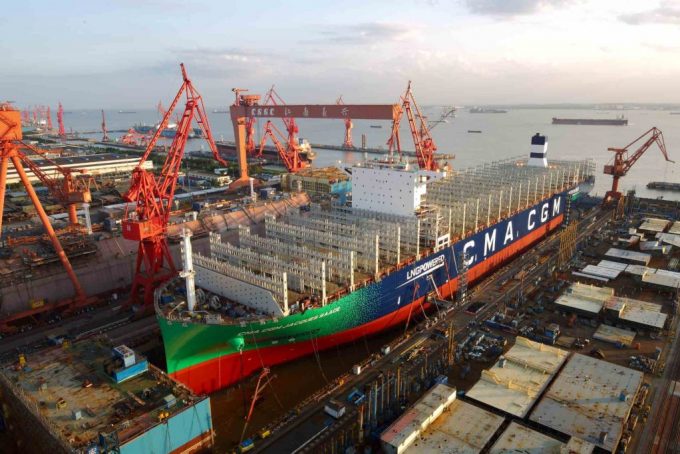UK port groups try to deflect from findings on shipping pollution
On 20 May, Transport & Environment (T&E) published a briefing, Coastal Fug: the UK’s most ...

Analysis by green pressure group Transport & Environment (T&E) claims that the decreasing demand for gas in Europe and elsewhere has led the oil and gas industry to seek new markets, pushing shipowners to order LNG vessels.
A combination of high-cost e-fuels and EU policy on marine fuels is driving the maritime sector towards LNG vessels and T&E believes a quarter of ships operating in EU waters could be using LNG by 2030.
Being comparatively cheap, LNG will benefit from 2025 onwards ...
Maersk Air Cargo sees volumes fall as it aims for 'margin in favour of revenue'
Keep our news independent, by supporting The Loadstar
Container spot rates diverge: to Europe still falling, but firmer to the US
Hapag-Lloyd won't take bookings if port congestion leaves cargo stranded
Ecommerce likely the front-runner in resurge of transpacific trade after deal
Volume surge and an early peak season? 'Don't celebrate too soon,' warning
China-US trade tariff pause could drive a rebound for transpacific rates
Airfreight players eye new routes as demand on the transpacific nosedives
Service chaos from trade ban with India a problem for Pakistan shippers
Airfreight rates ex-China 'loss-making', but hopes of a trade deal stay high
Indian coastal freight attracts major carriers, but regional tension disrupts
Serious threat to jobs in US logistics as tariffs cause economic 'stagflation'

Comment on this article